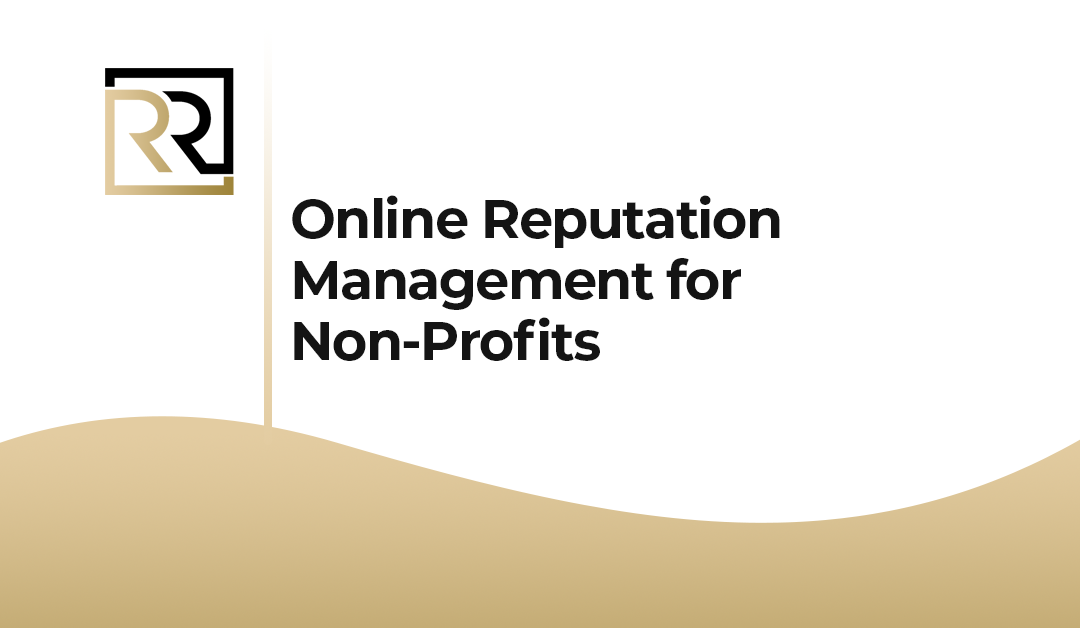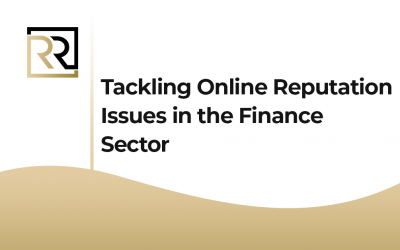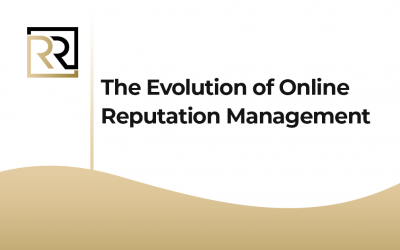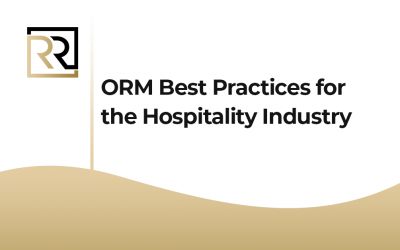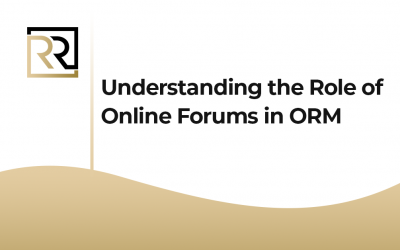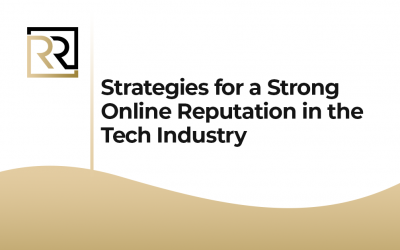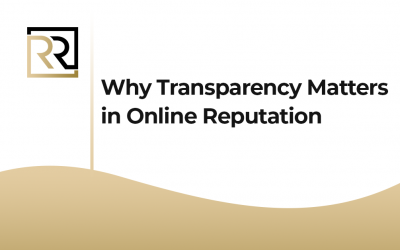Online Reputation Management for Non-Profits
Further, in the digital age, where information travels at the speed of a click, Reputation Management for Non-Profits is not just a concern for businesses. Moreover, as guardians of a mission-driven cause, non-profits face the unique challenge of cultivating and maintaining a positive online reputation to garner support, engage stakeholders, and drive social change. Therefore, in this article, we will explore effective online reputation management strategies tailored for non-profit organizations.
Online Reputation Management for Non-Profits
1. Define and Align with Your Mission
Firstly, the cornerstone of online reputation management for non-profits is a clear alignment with the organization’s mission. Therefore, define and communicate your mission succinctly across online platforms, from your website to social media channels. What’s. more, consistent messaging about your goals, values, and the impact you aim to achieve helps shape a cohesive and compelling narrative for your organization.
Besides, this alignment not only establishes authenticity but also resonates with potential supporters who are looking for a cause that aligns with their values.
2. Engage Proactively on Social Media
Furthermore, social media is a powerful tool for non-profits to connect with supporters, share their mission, and amplify their impact. Additionally, actively engage on popular social media platforms such as Facebook, Twitter, Instagram, and LinkedIn. Thus, regularly post updates about your projects, share success stories, and showcase the positive outcomes of your initiatives.
Also, encourage community participation by responding to comments, messages, and mentions promptly. Therefore, social media engagement not only boosts your online presence but also provides an avenue for transparent communication with your audience.
3. Leverage Visual Storytelling
Further, in the realm of non-profits, emotions and stories play a crucial role in connecting with supporters. Ultimately, utilize visual storytelling through images and videos to convey the human side of your organization’s work. What’s more, share visuals that depict the impact of your initiatives, introduce the people behind the cause, and showcase the positive changes your non-profit is driving.
Furthermore, compelling visuals not only capture attention but also evoke empathy and create a lasting impression, contributing positively to your online reputation.
4. Collect and Showcase Testimonials
In summary, testimonials from beneficiaries, volunteers, and partners are powerful tools for building trust and credibility. Therefore, actively collect testimonials that highlight the impact of your organization’s work. Thus, share these testimonials on your website, in newsletters, and across social media platforms.
Moreover, real-life stories and endorsements from those directly involved with your non-profit serve as authentic endorsements, reinforcing the positive image of your organization.
5. Optimize Your Website for Search Engines
What’s more, a well-optimized website is essential for effective online reputation management. Hence, ensure that your website is search engine-friendly by incorporating relevant keywords, meta tags, and high-quality content. Additionally, craft clear and compelling messaging about your mission, programs, and impact to provide a comprehensive overview for visitors.
What’s more, regularly update your website with fresh content, including blog posts, press releases, and success stories. This not only enhances your online visibility but also contributes to a positive online reputation.
6. Implement Online Donation Security Measures
For non-profits, online donations are a crucial aspect of sustaining operations. Therefore, ensure that your online donation process is secure and transparent. Thus, clearly communicate how funds are utilized and the impact they make. What’s more, display trust badges and security certifications prominently on your donation pages to reassure donors about the safety of their contributions.
Moreover, transparent communication about your financial practices builds confidence and trust among donors, safeguarding your non-profit’s reputation.
7. Proactively Address Challenges
Non-profits, like any other organizations, may encounter challenges or criticism. Therefore, it is crucial to address these challenges proactively and transparently. If faced with negative feedback or controversies, respond promptly and professionally. Additionally, acknowledge concerns, provide context, and outline the steps your organization is taking to address the issue.
Furthermore, transparency during challenging times demonstrates accountability and a commitment to continuous improvement, safeguarding your non-profit’s reputation.
8. Utilize Online Reputation Monitoring Tools
Monitoring your online reputation is an ongoing process. Also, utilize online reputation monitoring tools to stay informed about mentions, reviews, and discussions related to your non-profit. For example, set up Google Alerts for your organization’s name and keywords associated with your mission. What’s more, this proactive approach allows you to address emerging issues promptly and maintain a pulse on your online presence.
Furthermore, regularly review and analyze online sentiment to understand the overall perception of your non-profit and identify areas for improvement.
9. Build Partnerships and Collaborate
Furthermore, building a positive online reputation for your non-profit involves collaboration and partnerships. Therefore, engage with other organizations, influencers, and stakeholders within your sector. Besides, collaborative projects, joint initiatives, and partnerships not only expand your reach but also enhance your credibility through association with reputable entities.
Also, publicly acknowledge and celebrate collaborations, showcasing the collective impact of collaborative efforts, further enhancing your online reputation.
10. Encourage Community Involvement
Indeed, non-profits thrive on community support. Therefore, actively involve your community by organizing events, volunteer programs, and campaigns that align with your mission. What’s more, encourage community members to share their experiences, participate in your initiatives, and become ambassadors for your cause.
Moreover, community involvement not only strengthens your non-profit’s impact but also contributes to a positive online reputation as individuals share their positive interactions with your organization.
Conclusion: Online Reputation Management for Non-Profits
Further, for non-profits, online reputation management is not just a digital necessity; it is an integral part of fulfilling their mission. Therefore, by defining and aligning with your mission, engaging proactively on social media, leveraging visual storytelling, collecting and showcasing testimonials, optimizing your website for search engines, implementing online donation security measures, proactively addressing challenges, utilizing online reputation monitoring tools, building partnerships and collaborating, and encouraging community involvement, non-profits can craft a positive impact in the digital sphere.
Moreover, in a world where perception influences support, a strong online reputation for non-profits is a gateway to driving social change, garnering support, and making a lasting difference.


